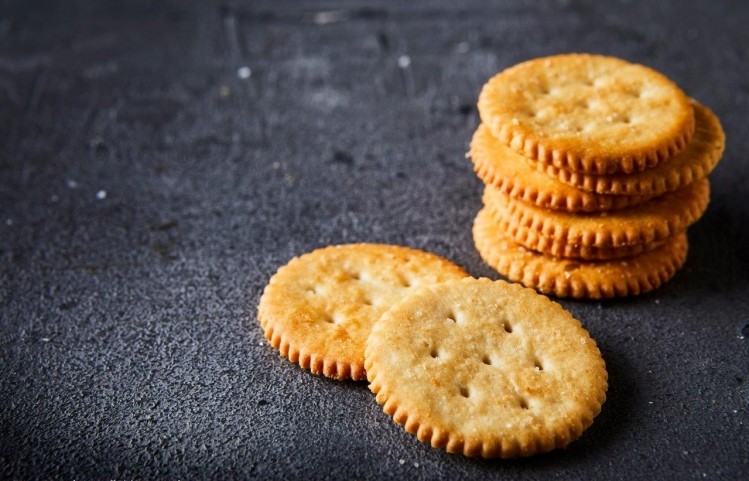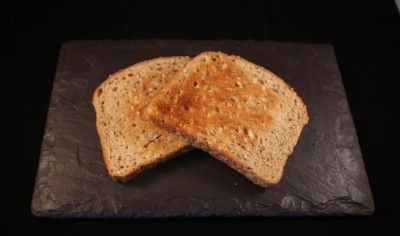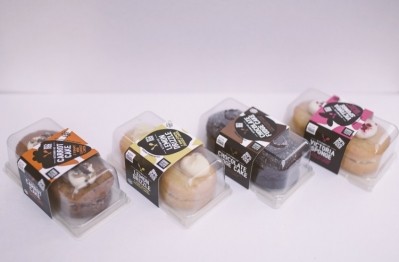New yeast can slash acrylamide levels: Kerry

A clean-label yeast with a high asparaginase enzyme content, Acryleast can be used in food and drink typically high in acrylamide, such as biscuits, crackers, French fries, potato crisps and coffee.
The product was developed in partnership with Canadian firm Renaissance BioScience. Kerry’s licence agreement is global, with the exception of 11 European countries and three European bakery companies.
Acrylamide is a suspected carcinogen that forms in foods with reducing sugar when processed at a high temperature, such as cookies or tortilla chips.
The risk of developing cancer
Awareness of acrylamide has grown following the publication of a 2014 European Food Safety Authority report, which confirmed previous evaluations that acrylamide in food potentially increased the risk of developing cancer for consumers across all age groups.
The EU introduced benchmark levels for acrylamide in food products in April 2018, based on the ALARA principle (as low as reasonably achievable). In the US, warning signs have been placed on foods and beverages that contain acrylamide, under the California Proposition 65 law.
Working in partnership with Vancouver-based Renaissance BioScience, Kerry tested Acryleast’s effectiveness in reducing acrylamide levels across a range of biscuit and cracker applications. It said
analysis was being expanded to include snacks, processed potatoes and other categories.
Using both Kerry’s own laboratories and scaled-up plant trials, reductions of greater than 90% were achieved, said Matthew May, Kerry’s bakery lead for Europe and Russia.
‘No impact on taste or texture’
“Importantly, these trials also demonstrated no impact on taste or texture, confirming that Acryleast is very effective for acrylamide reduction,” he explained. “It requires no or minimal changes to existing manufacturing processes.”
Mike Woulfe, vice-president of business development enzymes at Kerry, said it was “essential” to launch an ingredient that was both clean-label and non-GMO so that both producers and consumers could trust that acrylamide was being reduced “consistently, and in the right way”.
“Our extensive laboratory and sensory analyses have demonstrated that foods produced using Acryleast are comparable in appearance, aroma, flavour and texture to those produced without Acryleast,” he said.
“It is a versatile ingredient that offers manufacturers an acrylamide reduction strategy that is much more effective than alternative approaches, which require them to fundamentally change their process, including lowering temperatures, processing time or changing raw ingredients.”















